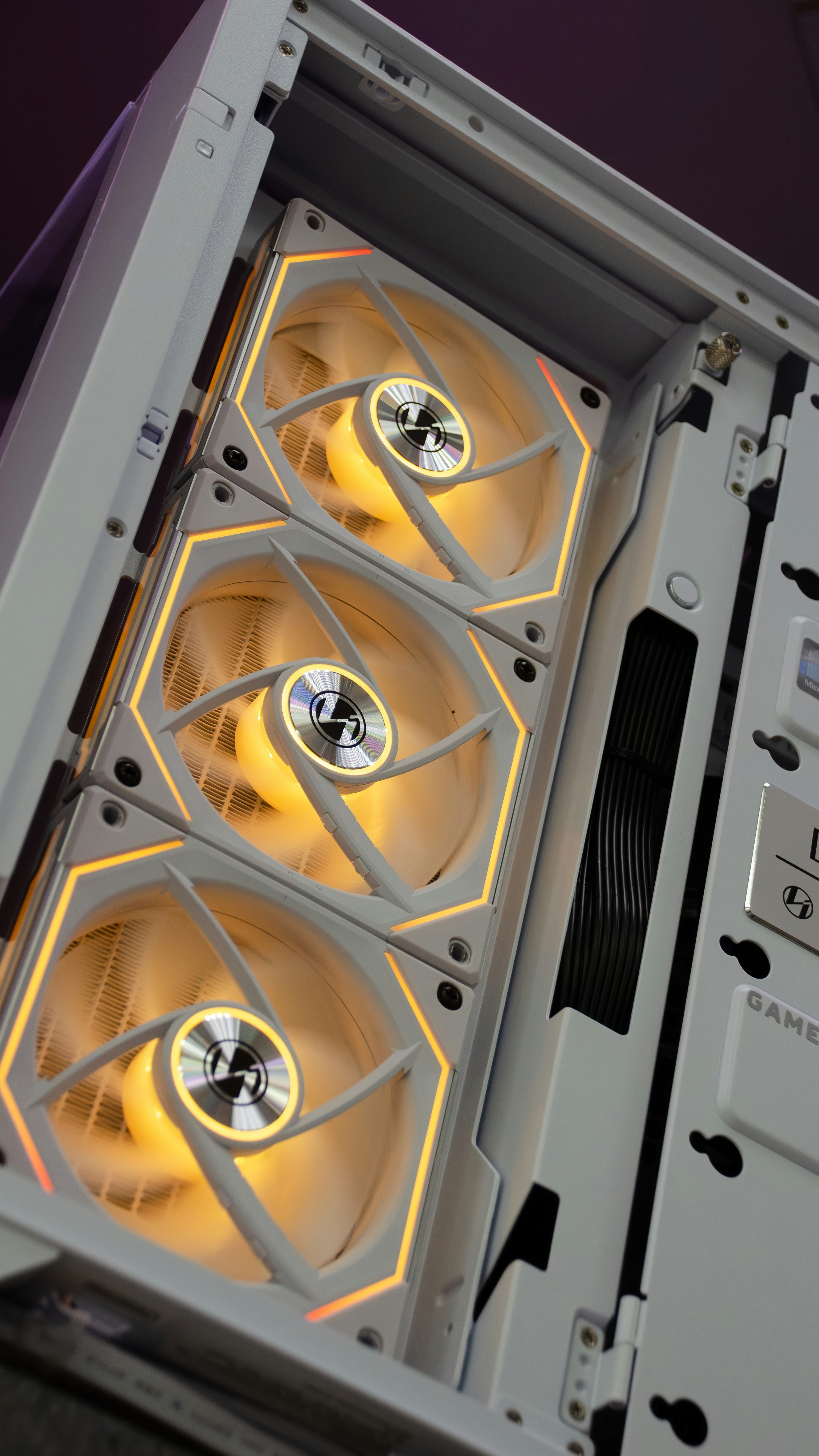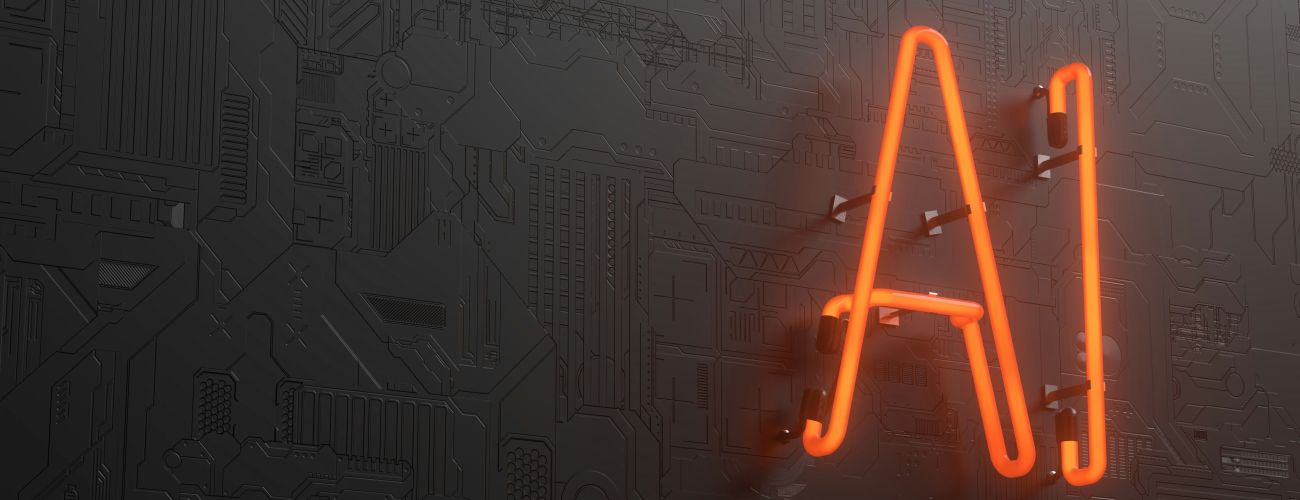What happened last week?
Global
- Bitcoin briefly notched a record price of over $111,000.
US
- US bond yields reached peaks not seen since the global financial crisis, after debt concerns were exacerbated by a downgrade from Moody’s and a hefty government tax bill.
- Retail traders bought the dip on Monday, making up their highest-ever share of S&P 500 trades and driving the biggest one-day buying spree on record.
Asia
- BYD outsold Tesla in Europe last month for the first time.
Why It Matters
Bitcoin hit a fresh all-time high of over $112,000 on Thursday, meaning one of the coins was worth more than a kilo of gold. That was mainly thanks to increasing demand from institutions and new progress in crypto-friendly policies in the US. (A Senate bill backed stablecoin regulation and Texas decided to create a bitcoin reserve.) Concerns over the weaker US dollar and lingering inflation helped, too, as they pushed investors toward alternatives to fiat currencies.
American borrowing costs also picked up last week. The country’s financial outlook has shaken the nerves of bond traders, see – not least because ratings agency Moody’s downgraded the US earlier this month, highlighting concerns over rising debt and deficits. Those worries worsened after the government passed a hefty tax and spending bill, which is expected to only widen the shortfall. That made investors anxious that the government might raise money by issuing more bonds than traders want to buy, which would force yields (a.k.a. the returns investors will require) higher. So, concerned about rising risk and falling prices, investors dipped out. That sent 30-year yields above 5.1% – their highest since before the global financial crisis – in a sign that traders are now pricing US debt with a significant risk premium.
Stocks, on the other hand, were in high demand. The so-called smart money might’ve stayed on the sidelines, but retail traders sure bought the dip. After Moody’s downgraded America’s credit rating, the S&P 500 dipped 1%. Retail investors then snapped up a record $4.1 billion in US stocks before midday on Monday – the biggest single-day splurge ever, according to JPMorgan. They even scooped up beaten-down stocks like Tesla and Palantir, as well as Bitcoin ETFs and index funds. That day, retail traders made up 36% of the total market volume, the highest share on record. And by the market’s close, the S&P 500 had recovered its losses.
Tesla might have seen some love from retail investors, but the carmaker won’t have felt popular in Europe. See, Chinese rival BYD outsold the OG EV maker in the region for the first time ever in April. That milestone rounded off a telling earnings season for China’s tech and EV giants. XPeng impressed with swelling sales and shrinking losses, with its EV strategy building momentum. Baidu (owner of China’s biggest search engine) beat expectations too. And while Lenovo’s headline profit dipped, the firm has managed to add AI and enterprise services to its arsenal, showing that it’s no longer just a hardware haven.
The Focus This Week: Nvidia’s Centre Of Attention… Again
Investors the world over will be clearing their calendars to tune into Nvidia’s earnings on Wednesday. The chip company is, after all, the $3.3 trillion poster child of the AI boom. And last quarter, Nvidia broke records by reporting almost $40 billion in revenue – up to 90% of which came from its data centre segment. This time, Wall Street’s expecting an even bigger haul: $43 billion in revenue, to be precise.
Much of that excitement is born from Nvidia’s newest line of “Blackwell” chips. They’re the next generation of AI processors: faster and more powerful than the last, with the capacity to handle ever-escalating workloads. Thing is, building cutting-edge hardware isn’t cheap. Nvidia sacrificed last quarter’s profit margins to make more of the chips. While that’s not unusual during a product transition, investors will want reassurance that the chipmaker can pad out those margins as production scales and costs settle.
While chips will steal the headlines, investors should scan the smaller print to see how Nvidia’s other segments are shaping up. Last earnings season, the gaming division – once the firm’s core franchise – brought in $2.9 billion. Nvidia’s automotive division is smaller – it brought in just $346 million last time – but it’s growing fast, with major carmakers integrating Nvidia’s AI software and chips into their driver-assist systems. Then there’s a nascent enterprise AI and software stack: it’s still a fledgling, but the for-business products could eventually bring in more recurring revenue. These segments won’t blow you away this quarter, but keep an eye on them: they’re key to Nvidia’s push to expand into the broader AI economy.
Of course, Nvidia’s stock price reflects all of its success – and then some. That means a disappointment could scare investors off… and there are plenty of risks ahead for the chipmaker right now. Not only could China’s export restrictions knock billions off the firm’s future sales, but Chinese firms like DeepSeek have made for fierce competition, rolling out efficient chips and AI models. There’s always the chance, too, that big-spending customers stop… uh, big-spending, if they decide they’ve stocked up on enough expensive gear. Any update that confirms or disproves any of these risks (or suggests other ones) could have a serious impact on the stock.


The Week Ahead
- Monday: Nothing much. Watch Tom Cruise do stunts on the big screen.
- Tuesday: Germany consumer confidence (June), France inflation (May), US durable goods orders (April).
- Wednesday: FOMC minutes. Earnings: Nvidia, Salesforce, HP, Synopsys.
- Thursday: Japan consumer confidence. Earnings: Costco, UiPath.
- Friday: US core PCE inflation (May), US personal income and spending (May), Germany inflation (May), Italy inflation (May), India economic growth (Q1), Canada economic growth (Q1).
This document is provided to you for your information and discussion purposes only. It is not a solicitation for business or an offer to buy or sell any security or other financial instrument. Any information including facts, opinions, or quotations, may be condensed or summarised and are expressed as of the date of writing. The information may change without notice and Trusted Novus Bank (“TNB”) is under no obligation to ensure that such updates are brought to your attention. Past performance is not a guide to future performance.
